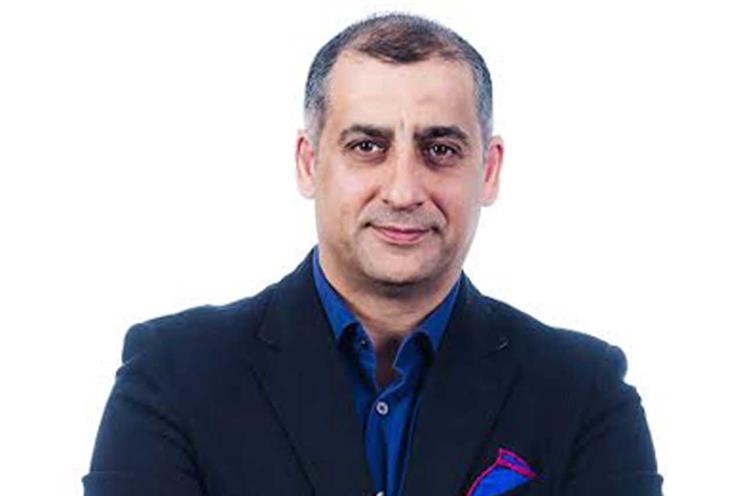The whole world has been traumatised by the video of George Floyd's murder. The consequences of that incident, the latest in a long line of incidences of police brutality in the US, have been felt across the globe.
The stream of socially shared videos showing further acts of US police brutality against protestors and citizens have shone a spotlight on the reality of race relations in the US.
As founder of the black, Asian and minority-ethnic mentor organisation Media for All in the UK, I can tell you that our WhatsApp chat groups have been flooded with messages and we have been inundated by many of our mentees, who are shaken and angered by the events.
But as one of my mentor colleagues said to me, he found that the everyday experience of Christian Cooper – the black man who was maliciously reported to the police by a white woman after asking her to respect the dog rules in Central Park in New York – to be every bit as chilling and more relevant to himself.
Amy Cooper called the police to say she was being threatened by an African American man, certain in the belief that the police would immediately assume Christian Cooper's guilt. Christian Cooper had to defend himself, not only against outright lies, but also against a racist trope that many – especially the US police – are prone to believe.
I recently read a light-hearted story on LinkedIn by a black man travelling on the London Underground.
He sat down next to a couple of white ladies who promptly moved seats. He also commented about how normal social distancing was for him, as people often crossed the road or avoided eye contact as he was walking down the street.
Martin Luther King’s famous quote in his "I have a dream" speech, "Do not judge me on the colour of my skin, but on the content of my character", was delivered in 1963.
Yet, some 57 years later, we are not only judging people on the colour of their skin but, in Amy Cooper’s case, using it as a weapon against people of colour.
In order to judge someone’s character, you have to get to know them. Prejudices can only be dispelled when we start to truly integrate our society and our workplaces.
The advertising industry's diversity stats are woeful, with BAME employees making up less than 14% of the workforce despite making up 40% of London's population.
I am deeply concerned that the pressure on profitability within organisations as a result of the Covid-19 crisis will push diversity and inclusivity to the bottom of the agenda, at a time when it needs to be at the top.
We need to stop selecting the most qualified or the person who had the best interview, and try to employ someone who can get the job done and increase diversity within our workforces.
Although there are several studies that proclaim that diverse companies are more profitable, I would rather see studies showing that diverse companies have employees who are better human beings, who judge co-workers and members of the public on character, not the colour of their skin.
I pray that we are not all waiting 57 years for Martin Luther King’s dream to come true.
Naren Patel is founder of Media for All


